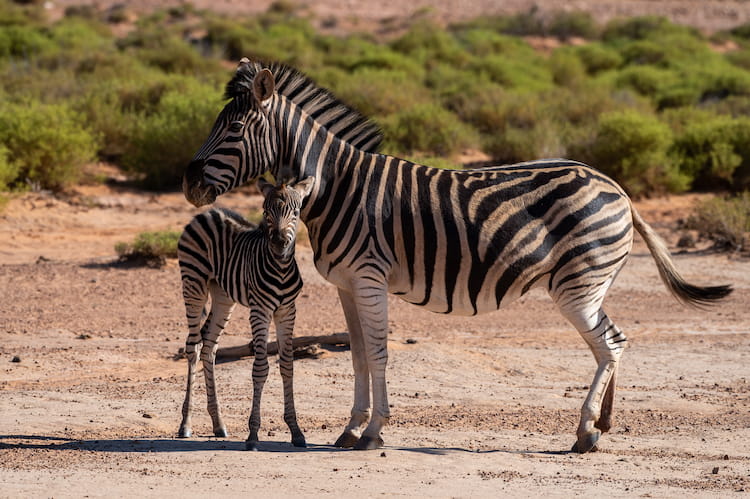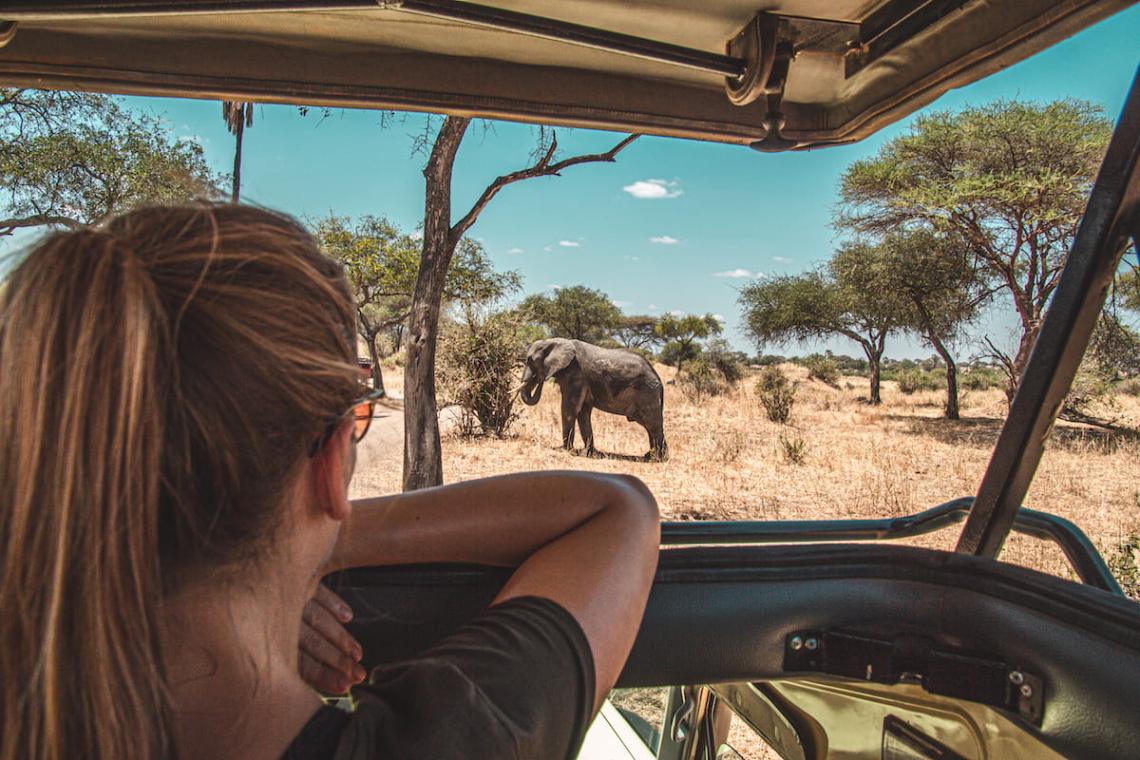Safety First, Safari Second…
Africa is unique and beautiful, and seeing the wildlife in its environment is breathtaking. Still, it also means you will be in remote locations with pests that carry diseases and relying on a 3rd world healthcare system. Not to mention that by the time most of us can eventually afford a Safari, we may be at an age where we are more likely to have a chronic illness. In no way should this spoil your fun! You need to think ahead.
Travel Insurance
Safari booked? Don’t put your feet up yet! It’s time to start looking at travel insurance. You must spend time on this to get the necessary coverage (Forbes).
There are essential benefits and clauses you should look for when purchasing travel insurance for a Safari to Africa or any long trip to a remote area.
- Trip cancellation: Since you will probably be taking multiple flights, you need to make sure you are covered for any cancellations
- Travel Delay: This covers interruptions in your trip and costs incurred, including food and accommodation for the period you are delayed
- Medical Benefit: Covers hospital and medical bills up to the amount stated in your policy
- Emergency Evacuation and Repatriation: This is a vital benefit that will cover getting you to the nearest medical facility, transportation to another hospital and transportation home should you be ill or injured. You also need to check the amount of coverage. Will it be enough to fly you home should the need arise?
- Pre Existing-Conditions Benefit: This one can be tricky. If your policy covers pre-existing conditions, it is usually time sensitive, dating from when you put down your first deposit. That is when the ‘look back period’ starts. Suppose you have had health issues related to your condition or even a new condition not formally diagnosed yet during the specified look-back period. In that case, the condition or illness may not be covered. If this is too confusing and you want to be 100% sure you will be covered, you can always get a policy that has a pre-existing condition waiver. That way, you know that you are covered for any pre-existing conditions or illnesses (aardi.com)

Do you require vaccines?
After two years of COVID, we all tire of hearing about vaccines. Still, you must check the COVID vaccine requirements at all destinations, including anywhere you will have a layover and need to disembark. A printed copy of proof of vaccination may also be a good idea.
There are other vaccines to think about as well. Some of our childhood vaccines are no longer effective, and we may require a booster before our trip. We mustn’t forget that only smallpox has been totally eradicated and that most diseases still exist in places with low vaccine uptake and poor vaccination campaigns. For example, polio, diphtheria, pertussis and tetanus are still alive and well in many countries worldwide.
You may also want to consider a Hepatitis A and Hepatitis B vaccine. Hepatitis A is transmitted through infected blood, while Hepatitis A is transmitted via water and food contaminated with infected faecal matter. These are both given in a series over six months.
Last but not least, you may need a yellow fever vaccine if you go to an area where mosquitoes carry the virus. Some countries won’t let you in if you are not vaccinated for yellow fever because the mortality rate is relatively high once infected.
Malaria Prevention
Although the risk of contracting malaria differs from country to country, Africa was home to 95% of all malaria cases worldwide in 2020 (who.int). Protecting yourself on Safari is a must. Malaria prevention includes mosquito nets, repellent lotions and sprays, long pants and sleeves at night since no antimalarial medication is 100% effective.
There are several antimalarial medications to choose from. Some you need to start taking before your trip, some you need to carry on taking for a period after your trip, and some may be contraindicated altogether due to interactions with medication you are already taking. Therefore I highly recommend discussing the pros and cons of these medications with your Doctor before deciding which one to take. To get an overview of the available medication and the different ways they work, visit the following link: (cdc.gov)
Most big cities have a travel clinic with up-to-date advice on vaccinations and antimalarial medication requirements worldwide. Please make an appointment to speak to them at least eight months before your trip so you will have time to complete any series of vaccines needed. They will also be the best people to help you decide which antimalarial medication is best for you.
Medications and medical history
If you are taking prescription medications, it is a good idea to type out a list of the generic names of these medications since brand names differ worldwide. Add any essential medical history along with any allergies to this list. Give someone else on your trip a copy so everyone can access this information in an emergency. Information stored in your device is also good, but you may not always have Wi-Fi to access your information.
If you need to take daily medications, pack them in your luggage if your bag is lost or delayed. Also, try not to leave medication in the hot sun if possible, as this may damage them.
What to pack
Did you know that even what you wear is essential on Safari? Black and blue colours attract Tsetse flies that carry a parasite that causes ‘sleeping sickness’, and bright colours attract unwanted attention from animals. And you would think camouflage would be the perfect choice, but it’s banned in most African countries unless you are in the military or a member of law enforcement. Being mistaken for a rebel starting a coupe could put a damper on your safari, so stick to khaki!
Being prepared is never overrated…(tourradar.com)
Emergency Numbers in South Africa
Crime Stop 08600 10111
Disaster Management 012 848 4602
Fire 10111
Police 10111
Ambulance 10111
Emergency Services 112
Private Ambulance Netcare 082 9111
Private Ambulance ER24 082 124
Your Insurance Emergency number
Your Consulate/Embassy emergency number if you are not a South African Citizen


